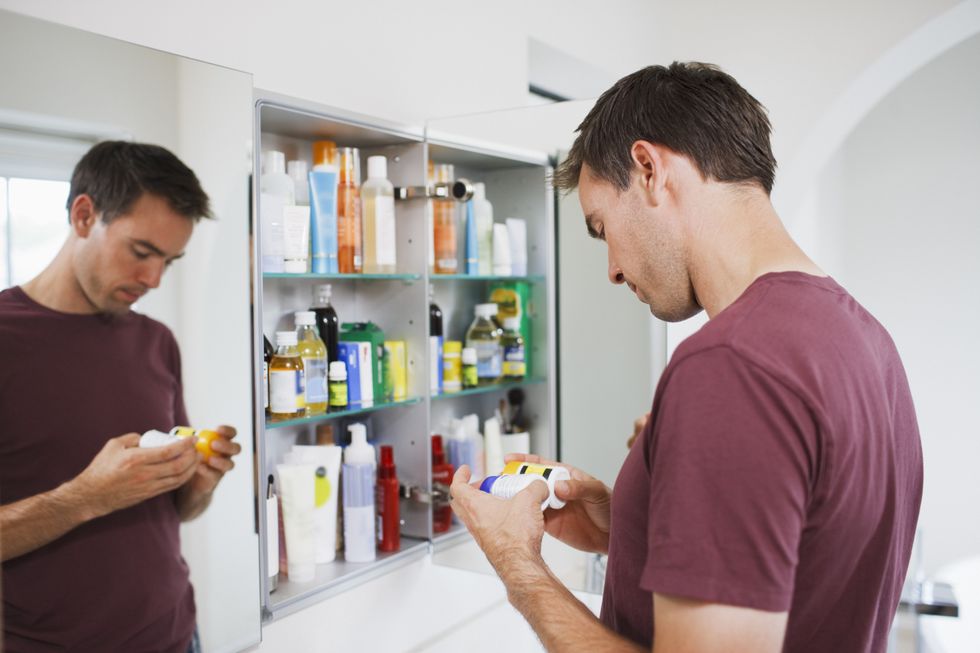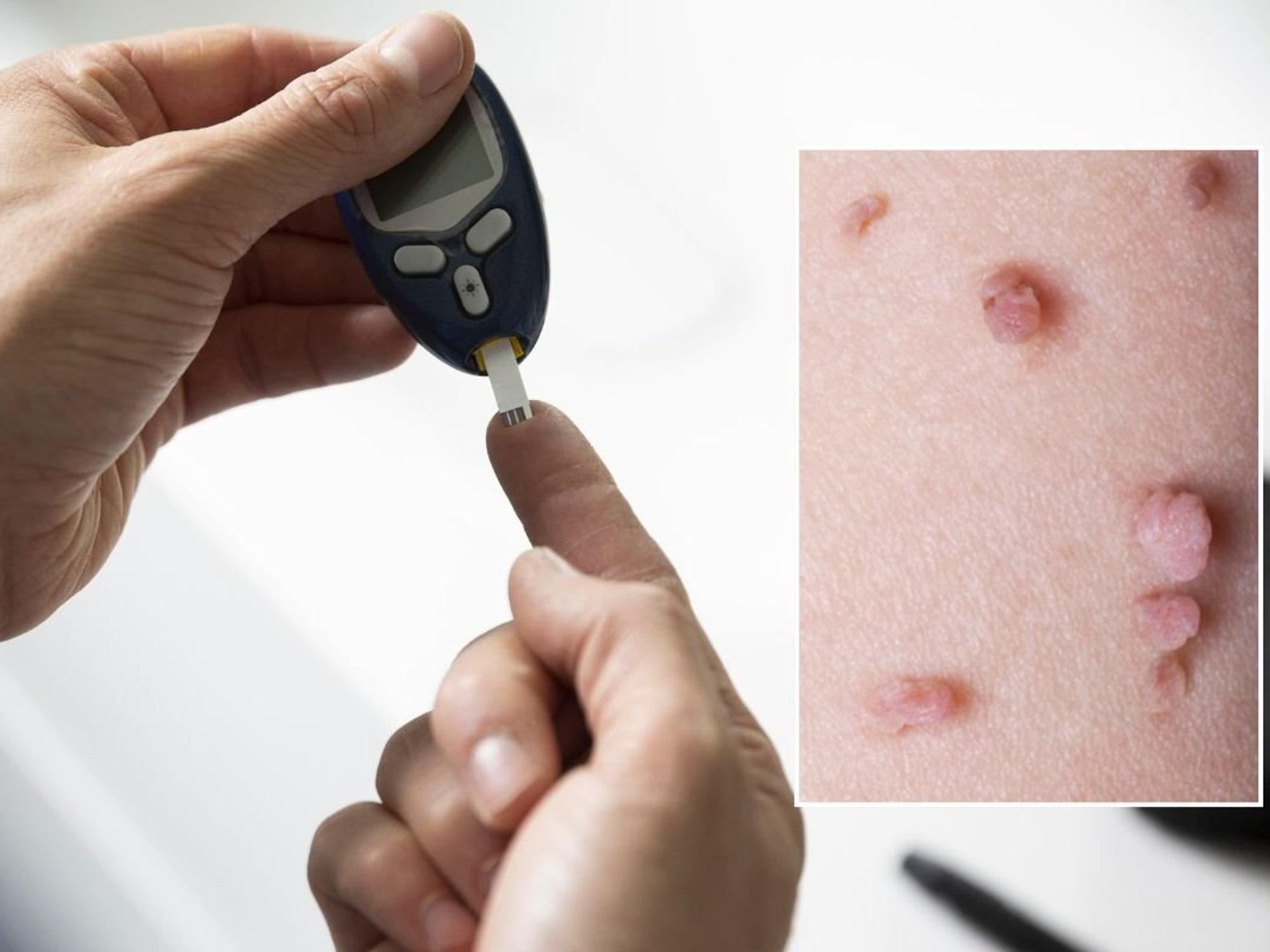Britons warned over 'worst place' to leave medication in the home - could stop drugs from working

Many households across the UK are guilty of storing their medicine in the wrong place
Don't Miss
Most Read
Latest
Many households routinely store their medicines in bathroom cabinets, but the widespread practice could be rendering medications ineffective.
The heat and humidity generated by daily baths and showers create conditions that can degrade tablets, capsules and liquid medicines.
Sarah Day, from Pay Less for Storage, warned that while bathroom cabinets might seem like a convenient location for everyday health essentials like painkillers or flu tablets, "it's actually one of the worst places to keep medication long-term".

Humid environments can degrade most medications
|GETTY
Day explained that "heat and humidity from daily baths and showers create an environment that potentially makes them less effective when you need them most".
She noted this is "particularly true for tablets, capsules, and some liquid medicines such as cough syrup or children's medicines like Calpol".
These medications can be compromised by warm temperatures and humidity, especially in bathrooms with poor ventilation or no windows.
This is why most medicine packaging specifies storage in cool, dry conditions.
"If you look at the packaging most medicines come in, whether over-the-counter or prescription, you'll see the recommended storage instructions," Day pointed out.
Some medicines even require refrigeration, though Day advised that "unless there are specific instructions to refrigerate a medication, a much better option is to store it in a cool, dry area away from humidity, heat, and direct sunlight".
She recommended "a bedroom drawer or kitchen cupboard as good options" for medicine storage, but warned that households with young children need to take extra precautions.
"Obviously, if you have young children, then you will want to choose a spot that's high up to ensure that you are keeping medicines out of reach," Day cautioned.
This ensures medications remain both effective and safely stored away from curious hands.
It is equally important to check the expiry date of a medicine when rummaging through drug cabinets.
This is an indication of the latest date that the manufacturer can guarantee that the medicine will be effective.
According to Patient Info, manufacturers tend to pick arbitrary expiry dates that are one or two years after the manufacture of a batch of medicines.
LATEST DEVELOPMENTS

Experts warn against leaving medication in the bathroom
|GETTY
They check them on that date to ensure the medicine is stable and works at the dose it is prescribed.
The health platform also stressed the importance of temperature control around medication.
It warns that leaving the pills out not only makes them less effective but could also make the drugs less safe.
Many drugs come in a foil blister pack designed to protect the contents from light and moisture. The expiry date will ensure that as long as the blister is still intact, the drug will still be effective up to that time.











